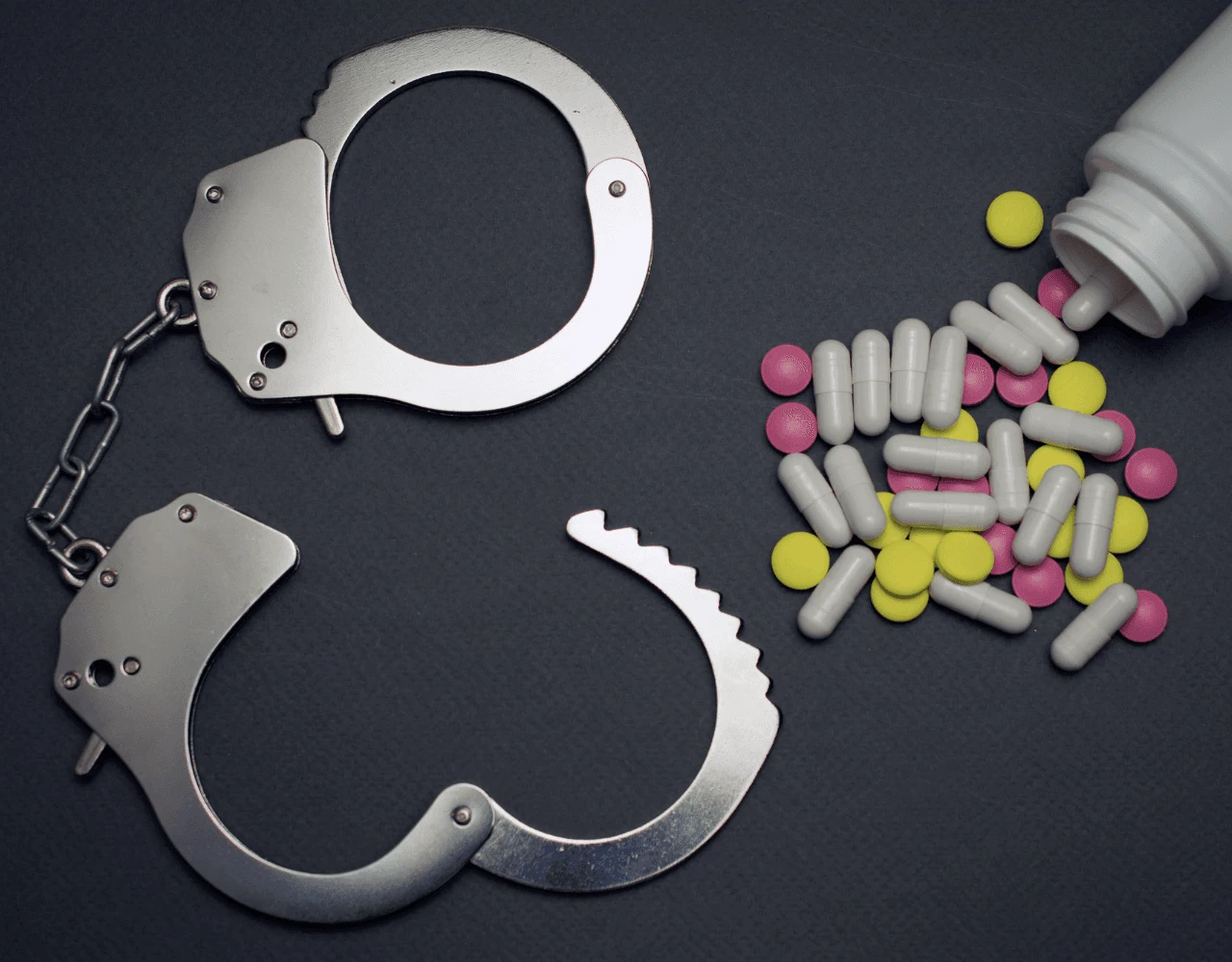Alternative Sentencing Options for Drug Charges in Chicago
2025-04-23T13:15:00
There are a lot of gun enthusiasts who modify guns for creative aesthetics, better performance, and better physical control. There are many modifications that are completely legal, but there are some modifications that aren’t. It is important to understand what modifications are legal and which ones aren’t. Before modifying your firearm you must first know the local gun laws and regulations on firearms in Illinois and never perform an illegal firearm modification.

If you have questions related to current gun control laws or are facing criminal charges relating to firearms violations, contact our experienced criminal defense attorneys at Ktenas Law. Contact us today to schedule a free initial consultation!
Common illegal modifications that should be avoided include:
Local regulations may make other modifications illegal as well. It is critical that you know and understand your local firearm laws before modifying a firearm. Illegal modifications can result in jail time, significant fines, and confiscation of the firearm that was modified.

People often modify their guns by adding parts to them. These can include suppressor devices that reduce the overall volume of the firearm’s discharge. Silencers are illegal in the state of Illinois.
Another modification involves a Glock switch or an auto sear. These devices can turn a semiautomatic rifle or pistol from being a one-shot weapon into an automatic that fires multiple rounds with each pull of the trigger. This technique turns a legally owned semi-automatic firearm into a fully automatic weapon, which is illegal to own in Illinois and under federal laws.
Learn More: How to Beat a Gun Charge
Common legal modifications you can make to a firearm include:
It is important to understand the state of Illinois and Federal firearm laws before building or modifying your firearm, as you could create an illegal firearm or render your gun illegal. It is also important for you to know the various laws related to the possession or transfer of weapons by or to prohibited individuals.
If you’re facing handgun charges for creating, modifying, or possessing a firearm, make sure to fight them aggressively. You can face serious consequences if convicted.
Under Illinois law, the following firearms or accessories are illegal to possess:
In addition, you must wait 72 hours between firearm purchase and possession.
Firearm ownership in Illinois is restricted by the following individuals:

Open carry is not allowed in Illinois. Eligibility for a Concealed Carry License Different eligibility rules apply for residents and non-residents. Residents must meet the following criteria:
Non-residents are required to meet both the FOID and Concealed Carry License requirements and pay a fee.
Related Content: Gun Lawyer in Chicago
If you are found guilty of violating Illinois firearm laws, you can face jail time in addition to a fine. Penalties are issued per firearm as follows:
Illegal firearm possession can result in Class 2, 3, or 4 felonies depending on the circumstances and type of the firearm. In certain instances, such as possession of a firearm by a prisoner or possession of a loaded machine gun, the possession charge can escalate to a Class X felony which carries penalties of up to 50 years in prison.
It is illegal to possess a firearm on or near elementary school or secondary school grounds in Illinois. Violations can result in a Class 2 felony, which is punishable by up to 7 years in prison.
Learn More: Unlawful Use of a Weapon in Illinois
Both state and federal gun control laws can be complicated and are constantly changing. If you are facing criminal gun charges or have any questions relating to current gun control laws, you should find a Chicago criminal defense attorney with experience in Illinois gun laws to speak to. Contact an experienced criminal defense attorney at Ktenas Law to schedule a free initial consultation.

2025-04-23T13:15:00

2025-04-07T11:50:40

2025-03-24T11:55:03

